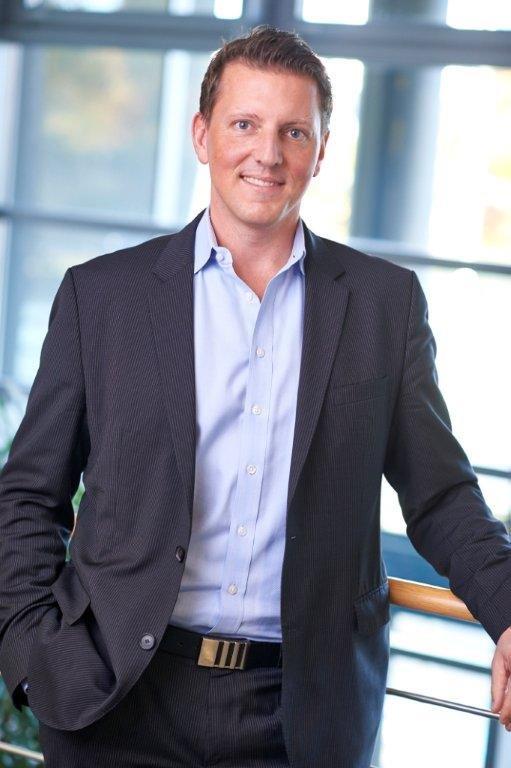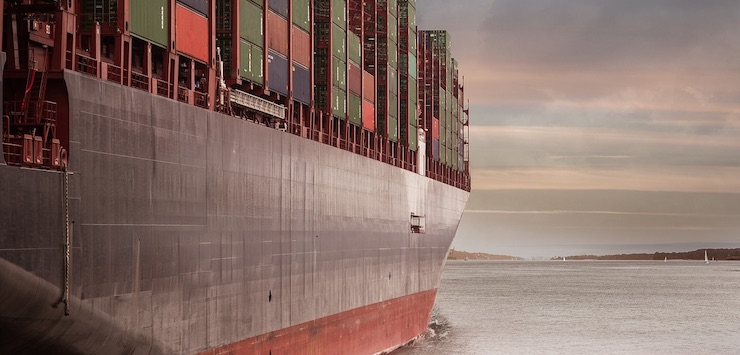Five years ago, the European e-commerce market was worth 307 billion euros.. Last year, it grew by 11 percent to 543 billion euros. According to the ECommerce Foundation, another plus of 13 percent to a total of 602 billion euros (about 696 billion US dollars) is expected for the current year. These growth rates also affect logistics and supply chain management.
We spoke to Jan Bierewirtz, CCO Hermes International & Division Manager Commercial at Hermes Germany, about the relevance of a transparent supply chain and the interaction of e-commerce and supply chain management.
Mr. Bierewirtz, e-commerce is flourishing. How important is a good supply chain planning in this regard?
For companies operating omnichannel or those that plan to do so in the future, as well as for cross-border e-commerce in general, a good supply chain planning is extremely important. Long-standing supply chains can and must become increasingly disruptive and adapt within a short period of time in order to remain competitive. In addition, supply chains from “anywhere to anywhere” are a real challenge, especially for classic retailers and e-tailers. Good planning is therefore essential.

Jan Bierewirtz, CCO Hermes International & Division Manager Commercial at Hermes Germany.
How do logistics service providers, such as Hermes International, a division of Hermes Germany, react to the forecasted growth? Are there limits?
The Hermes Group is reacting to these new challenges by establishing the new Hermes International business unit. Founded in March 2018, the independent unit has a greater view on the needs of international ecommerce shippers worldwide.
Certainly there will be alterations in the future due to regulatory changes, yet limits of growth in cross-border e-commerce are currently not foreseeable.
What approaches does Hermes International pursue in order to support its customers both in (global) e-commerce and also in optimizing their supply chain?
We fully support our customers and bundle expertise along the entire international e-commerce and parcel supply chain, with all the associated vertical elements: from questions of marketplace integration to supply chain optimization as well as the implementation of a holistic approach to logistics solutions across various logistics products. Questions regarding sea and air freight or customs solutions are equally important as a modular gateway-design, the last mile and solutions to handle returned goods – we regard ourselves as a holistic service provider in the field of commerce and global e-commerce.
In your opinion: What will the supply chain management of the future look like? Which factors are decisive for the future competitiveness of a company?
The supply chain management of the future will have to become even more agile and data-driven. Big data will be a key issue for the supply chain of tomorrow: By using big data, events will then be predictable with ever higher probabilities. As a result, supply chains can be prepared much better for upcoming events (from currency crises to weather phenomena to changes in consumer behavior) and then be optimized accordingly. Of course, the prerequisite is that companies manage to derive bases for decision-making from the available flood of data. By using intelligent algorithms, this is now a realistic scenario.
E-commerce and supply chain management are closely linked. What are the big challenges for these areas in the coming years?
Due to the internationalization of trade, flows of commodities are changing much faster than they have done in the past. For example, if a currency collapses, as the Russian ruble recently did, then local purchases of luxury goods from Europe and the US will run dry in a flash. In return, the purchases of low prized items from China explode. The corresponding supply chains must then be extremely agile and flexible. This needs to be ensured via a good supply chain management.
Mr. Bierewirtz, thank you for the interview.

